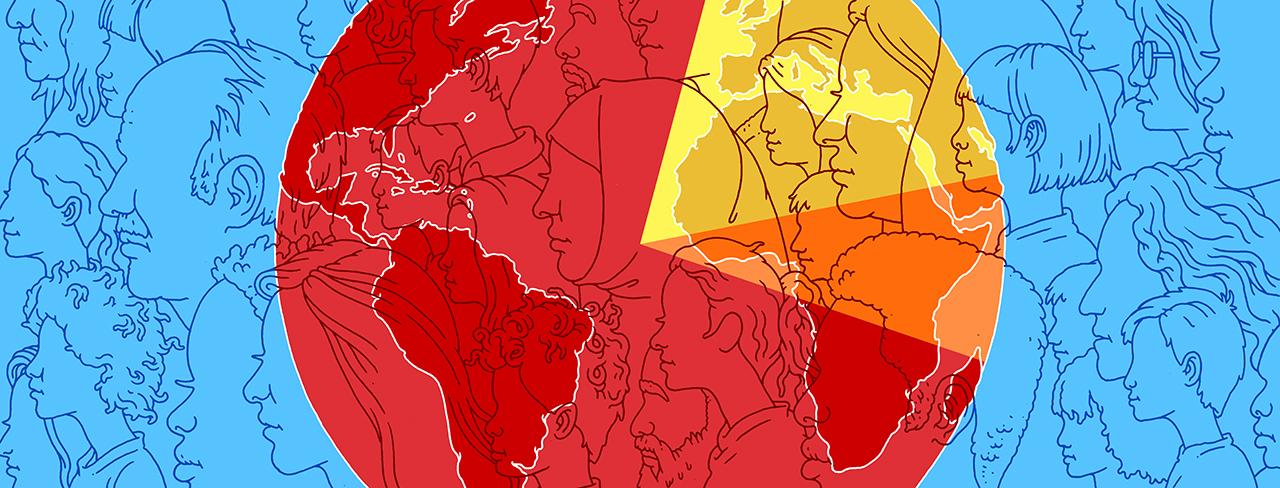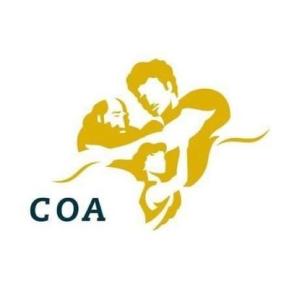Immigration Policy Lab
Global migration is at an all-time high, driven by growing economic and demographic disparities, intensifying climate change, and conflict and violence. If managed well, migration can improve the lives of over a quarter of a billion people who are currently on the move, foster prosperity in host communities, and catalyze economic growth. If managed poorly, migration can result in extensive human suffering and prolonged humanitarian crises, provoke public backlash, and exacerbate social inequalities that persist for generations.
Although global migration impacts countless nations, relatively little is known about how to maximize the benefits and minimize the costs of migration. Political roadblocks, misinformation, and a lack of rigorous evidence stand in the way of policy solutions that could benefit host societies and migrants alike.
The Immigration Policy Lab is filling this evidence gap and driving policy change through partnership-based research with key players in global migration policy. Using big data, creative research designs, and cutting-edge analytical tools, IPL works with governments, nonprofits, and service providers to craft and test policies, generating rigorous evidence and innovative solutions in three key areas:
- Supporting Migration Choices: In partnership with Mercy Corps, IPL developed an innovative model providing rural households in Niger with information and assistance to support regional migration. While traditional development aid has focused on “development in place,” this research will generate evidence on whether using development aid to support safe, legal, and productive labor migration can help individuals and communities achieve better economic outcomes.
- Drivers of Successful Immigrant Integration: In partnership with governments in Europe and one of the largest resettlement agencies in the U.S., Global Refuge, IPL developed GeoMatch, an AI-driven tool designed to improve the integration outcomes for refugees. The project received Stage 2 funding from Stanford Impact Labs in 2021 to help test and scale the algorithm-based tool, which uses machine learning and a matching algorithm to identify the communities where immigrants are most likely to thrive. IPL is conducting impact evaluations of its deployment to test the effectiveness of data-driven resettlement recommendations.
- Impacts of Migration On Host Communities: In partnership with the International Rescue Committee (IRC), IPL launched an intervention that aims to build business networks among refugee and host entrepreneurs through business groups and neighborhood associations in Uganda and Kenya. This study will generate evidence on the impact of improving refugees’ and hosts’ social capital and forging economic and social ties between refugee and host entrepreneurs, offering governments and aid organizations key insights on an underutilized path for improving the lives of millions of refugees.
Publications



Faculty Co-Director, Immigration Policy Lab

Faculty Co-Director, Immigration Policy Lab; Professor, Political Science

Faculty Co-Director, Immigration Policy Lab; Professor, Political Science

Executive Director, Immigration Policy Lab
Related Links:
- Resistant to Reform? Improving U.S. Immigration Policy Through Data, Evidence, and Innovation [Carnegie Endowment for International Peace, August 28, 2024]
- Dynamic Matching with Post-allocation Service and its Application to Refugee Resettlement [Social Science Research Network (SSRN), April 5, 2024]
- Learning under random distributional shifts [arXiv, June 5, 2023]
- Group fairness in dynamic refugee assignment [arXiv, January 25, 2023]
- Many more Africans are migrating within Africa than to Europe [The Economist, October 30, 2021]
- This algorithm can help resettle refugees by giving them a better shot at employment [NBC News, June 20, 2018]
- Immigration policies can make the difference between life and death for newborn US children [The Conversation, April 25, 2018]








